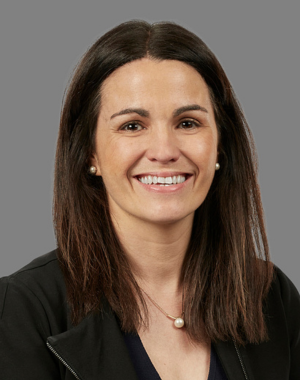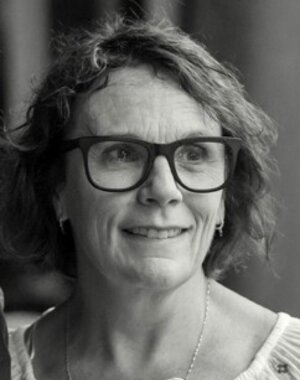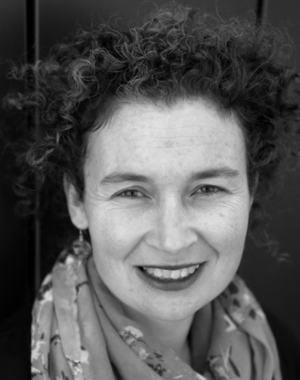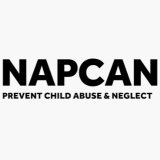Improving Outcomes for Children Experiencing Vulnerability & Risk
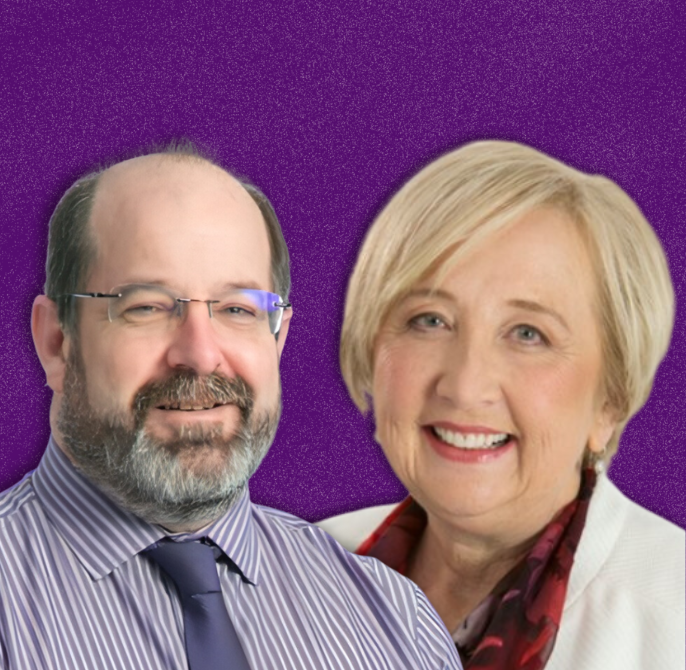
Supporting children experiencing vulnerability to thrive.
Join senior leaders and practitioners from across Australia working in child protection, safety and wellbeing, where you will have the opportunity to discuss best-practice and evidence-based approaches to improve outcomes for children experiencing vulnerability.
The conference will showcase how all Australians can work together to achieve the best outcomes for vulnerable children and those experiencing disadvantage.
Speakers
Jacqueline McGowan-Jones (She/Her)
Arrente/Warramungu woman, Commissioner
WA Commissioner for Children and Young People
Jodie Griffiths-Cook
Public Advocate and Children and Young People Commissioner
ACT Human Rights Commission
Barbara Causon PSM
Aboriginal and Torres Strait Islander
Children and Young People Advocate ACT
Prof. Richard Rose
Director, Therapeutic Life Story Work International (TLSWi) &
Associate Professor, Latrobe University
Andrew McCausland
Senior Manager of Education and Early Intervention Services
Berry Street
Professor Silke Meyer
Chair in Child & Family Research
School of Health Sciences and Social Work, Griffith Criminology Institute & Griffith Centre for Mental Health, Griffith University
Kate Fitz-Gibbon
Professor (Practice), Faculty of Business and Economics, Monash University, Honorary Professorial Fellow, Melbourne Law School - University of Melbourne
Principal Consultant, Sequre Consulting
Kate Alexander
Executive Director, Office of the Senior Practitioner
Department of Family and Community Services (NSW)
Nerida Mason
DET Implementation, Victorian Child Information Sharing and Early Childhood Systems Division
Victorian Department of Education
Lakshmi Sri
Manager Child and Family Early Intervention Services,
Relationships Australia SA
Sarah Decrea
Manager Family Led Decision Making, Ngartuitya Family Group Conference Service
Relationships Australia SA
Catherine Baulch
Manager, Children, Youth and Families | Family Support and Commissioning Oversight
Department of Children, Youth Justice and Multicultural Affairs (QLD)
Elena Campbell
Associate Director - Research, Advocacy and Policy, Centre for Innovative Justice
RMIT University
Key benefits
Hear from 4 commissioners, 1 international keynote, and a range of experienced practitioners across out of home care, advocacy and peak bodies, child safety & protection services, family and domestic violence and education


Maximise your learning by attending two intensive post-summit workshops addressing cumulative harm and adolescent violence in the home


Support families & at-risk children with bespoke and targeted services and move away from standard care options


Provide agile and intuitive care that’s culturally responsive
Put children at the heart of change and give them agency and voice
Support children to stay with their family and kinship environment

Embed agency, self-determination and skills in the families and children we work with


Support the safety, identity and esteem of children and their families and interrupt family legacies of intergenerational violence and trauma
Build capacity, parenting skills and trauma-informed approaches for parents, caregivers and care workers
Who will attend
This summit is targeted at people working in child safety and protection as well as domestic and family violence practitioners, out of home care practitioners, early education and education providers. It will be useful for other direct care workers supporting children, and anyone working directly with young people and their parents or caregivers.
Leaders and Practitioners, with roles and responsibilities for:
- Chief Executive/Chief Operating
- Director/General Manager
- Area Manager/Regional manager
- Client Services
- Team Leader/Manager/Casework
- Child Protection
- Child/Youth Policy
- Out of Home Care / Permanency
- Child Health & Wellbeing
- Child Safety
- Principal
- Therapeutic & Support Services
- Practice Design
- Intervention Services
- Reunification & Family Preservation

Agenda
Times are shown in AEST
Acknowledgement of Country
Opening remarks from the Chair
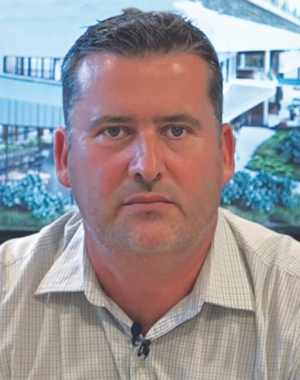
CHAIR
Tony Pignata
CEO
IFYS
Therapeutic Life Story Work: Curiosity, wonder & making meaning for children experiencing fragmented or traumatic life experiences
- Reaching vulnerable children and young people and carers and starting to put a fragmented history into a cohesive, safe and healthy narrative
- How the past has shaped who I am today and why my past doesn’t need to define my future
- Gathering the fragments of a child’s world and putting the pieces together
- Sharing that story with the child, carer/s and family and help them to make sense of the past, understand the present and move to a healthier future
- Making sense of the ghosts that haunt our children
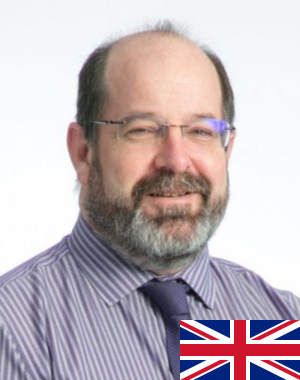
Prof. Richard Rose
Director, Therapeutic Life Story Work International (TLSWi) &
Associate Professor, Latrobe University
ACCESS TO QUALITY, UNIVERSAL & TARGETED SERVICES FOR VULNERABLE CHILDREN & THEIR FAMILIES

James Dodwell
Principal Advisor – Regulatory Systems
Taumata Arowai
Intersectionality & complexity: Can we support families & at-risk children with bespoke & targeted services & move away from ‘standard’ care options?
- Providing agile, bespoke and intuitive care that’s culturally responsive
- Providing intensive family support: Tailoring case management support to families at risk of entering the statutory child protection system
- Addressing issues such as domestic violence, mental health, and substance abuse
- Making sure kids aren’t lost in the system and providing balanced support whilst keeping children safe
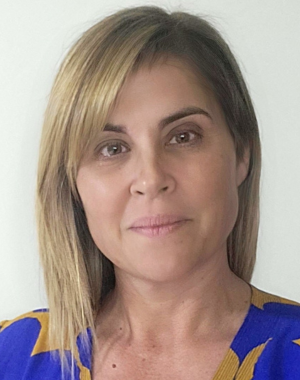
Jen Korn
Program Manager - Individual Support Services
Act for Kids
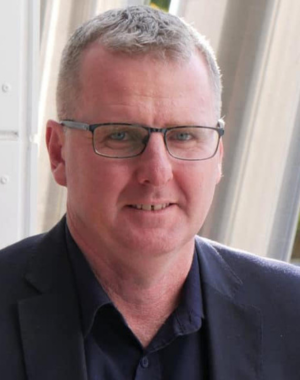
Tom McIntyre
Executive Director of Service Strategy and Growth
ACT for Kids
Morning tea
Supporting at-risk families to develop their own plan that has the safety & care of the child or young person at its core: The Family Group Conferencing Program
- Building partnerships and relationships that enable system and process change
- Creating a decision-making process that’s the beginning of a healing process for families and children
- Putting children at the heart of change – giving them agency and voice
- Supporting children to stay in their family and kinship environment and effecting the change that enables that reality
- Giving power back to families whilst also keeping children safe
- Rupture, repair and healing – the restorative gift of this program

Hayley Blanch
Acting Manager
Department for Child Protection SA
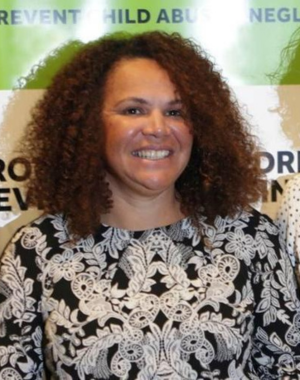
Sarah Decrea
Manager Family Led Decision Making, Ngartuitya Family Group Conference Service
Relationships Australia SA

Lakshmi Sri
Manager Child and Family Early Intervention Services,
Relationships Australia SA
The cycle stops here: Empowering Aboriginal families to live their truth
- Building strong, well-functioning families where children can live safe from abuse and neglect and have improved wellbeing and better physical, social, emotional and educational outcomes
- Following a model of empowerment and embedding agency, self-determination and skills in the families and children we work with
- Educating & empowering families and children to change their legacy
- Supporting the safety, identity and esteem of children and their families
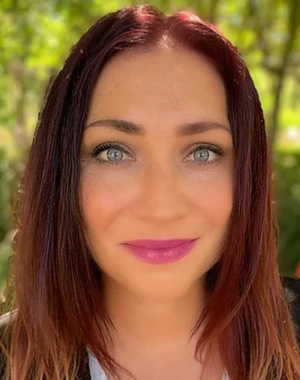
Heidi Bradshaw
Chief Executive Officer
Narang Bir-rong Aboriginal Corporation
Lunch
Supporting parents to interrupt their own legacies of intergenerational trauma
- Sharing our approach: The Adult Exploration of Attachment Interview (AEAI) is an approach used frequently within Centacare’s reunification/restoration services to bring conscious awareness to one’s ‘inheritance maps’ which may have led to risk and removal despite the good intent of the parent
- Explore the principles underpinning the AEAI and its use with families in contact with the child protection system
- Centacare’s overarching therapeutic framework will also be explored as a model that has been effective in supporting social casework and therapy to be delivered together
- Respectfully supporting traumatised families to achieve sustained change based on personal agency rather than compliance
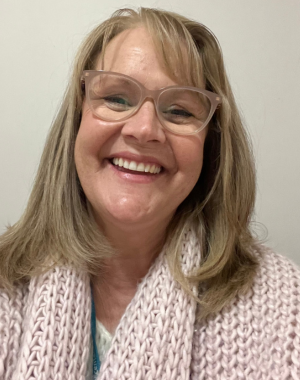
Kathy Flavel
Senior Practitioner Unify Family Reunification Services
Centacare

Sam Carpenter
Manager Unify Reunification Services & Next Steps
CentaCare
Tailoring parenting support to reduce the risk of harm to children: Practice & program responses
- Unpacking the issues families and parents face that negatively impact on parenting capacity
- The fundamental role of a skilled workforce equipped with a key set of skills, strategies and evidence-informed interventions that are used to support parental behaviour change
- Practice approach examples including practice frameworks and coaching models to support best practices and stronger outcomes for families
- Adopting a capacity-building approach to bolster parental self-efficacy and autonomy

Vannessa Montoya-Barbaro
Senior Practice Design Specialist
Parenting Research Centre
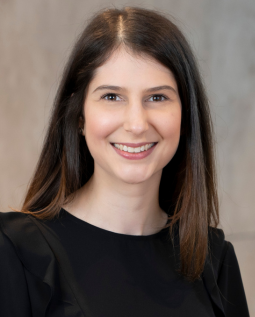
Michele Hervatin
Practice Design Special
Parenting Research Centre
Enhancing the protection of children in Australia: Addressing the gaps & opportunities for child protection and safety
Systems for child protection in Australia today are facing significant challenges. This panel seeks to discuss and address issues impacting child protection intake, referral and family support.

Catherine Baulch
Manager, Children, Youth and Families | Family Support and Commissioning Oversight
Department of Children, Youth Justice and Multicultural Affairs (QLD)

Dr. Dierdre Thompson
Director of Therapeutic and Support Services
Bravehearts
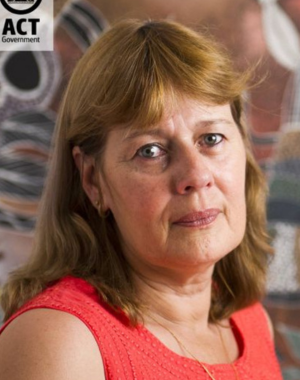
Barbara Causon PSM
Aboriginal and Torres Strait Islander
Children and Young People Advocate ACT
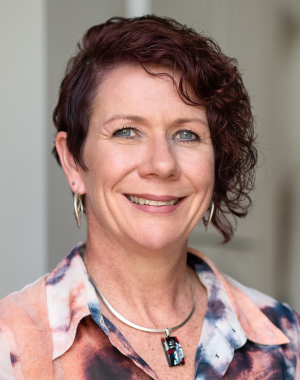
Jodie Griffiths-Cook
Public Advocate and Children and Young People Commissioner
ACT Human Rights Commission

Jacqueline McGowan-Jones (She/Her)
Arrente/Warramungu woman, Commissioner
WA Commissioner for Children and Young People
Afternoon tea
Using therapeutic play to reconnect disrupted parent-child attachment: Seeing the child – not just the behaviour
- Attachment disruption and the impact it has on children’s literacy and language development
- Coregulation techniques and using guided play to support the parent to consider their own triggers and the impact its having on the child and their relationship
- Re-establishing a disrupted healthy attachment
- Aligning with therapeutic family violence services and the referral pathway
- Linking trauma with education and school readiness
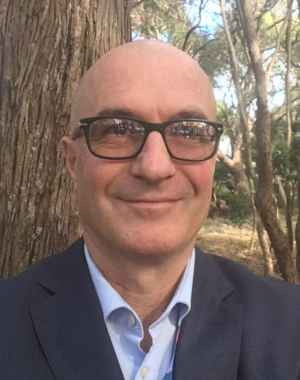
Andrew McCausland
Senior Manager of Education and Early Intervention Services
Berry Street
Flipping the rhetoric in schools – supporting children experiencing vulnerability to thrive
- Supporting children and young people who have a history of disrupted learning through sustained absences and or adverse childhood experiences
- Building build positive learning partnerships with students (many of whom have a learning disability)
- Supporting children to thrive and engaging in and honouring relationships and connections
- Healing-centred education empowers teachers with language and skills that can support them as they support others
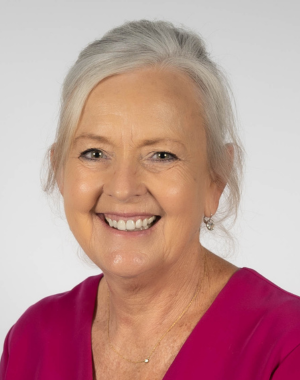
Joanne Alford
Principal
Centralian Senior College
Closing Remarks
Acknowledgement of Country & Opening remark

Tony Pignata
CEO
IFYS
SUPPORTING CHILDREN AND FAMILIES WITH MULTIPLE & COMPLEX NEEDS
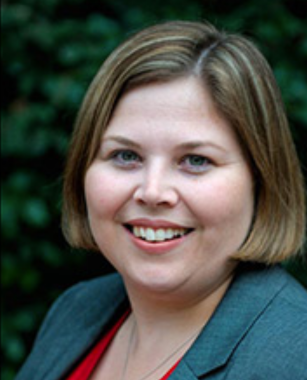
Carla Jago
Group Executive Director, Performance Audit Services Group
Australian National Audit Office
Working to support vulnerable children where families intersect with the complex trifecta: Drug & alcohol, mental health & domestic & family violence
- Building child safe families and communities
- Using evidence to intervene early and respond to complex problems and situations
- Having brave conversations and teaching practitioners to have them
- Reducing exposure to dating violence and harmful sexualised behaviours
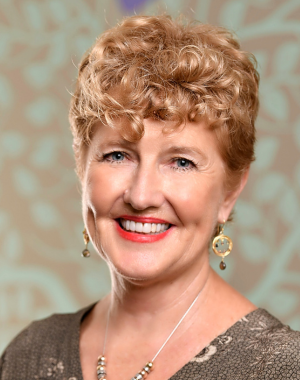
Dr. Robyn Miller
CEO
MacKillop Family Services
Putting the family in context: Exploring two in-home early intervention programs
The implementation of two evidence-based models in NSW, Multisystemic Therapy (MST-CAN) & Functional Family Therapy (FFT-CW), that help promote safety and permanency for children, young people and their families.
- Exploring two in-home early intervention programs, MST-CAN and FFT-CW, that are unique and agile responses to child protection and permanency.
- Trauma-informed evidenced based models that are delivered to fit the family culture, and have a holistic approach to support families to become agent for sustainable change
- Innovative treatment approaches that target causal drivers that are related to maltreatment, and create the necessary environment to positively influence the family ecology
- Enabling families to change underlying causes of harm for children (referral behaviours), and improve complex family dynamics to ensure permanency
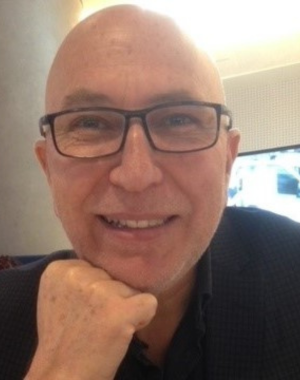
Richard Bishop
Child & Family Services Manager: Sydney
OzChild
Morning Tea
Exploring how victims respond to, resist & manage violence: Comparing child safety assessments and decisions
- Unpacking how the attitudes and beliefs of the child protection workforce and why they matter to children who live with violence
- Bringing dignity to the assessment of safety for children who live with violence
- Attitudes versus assessment decisions: providing insight into practitioner attitudes and beliefs
- Focusing on victims and their agency
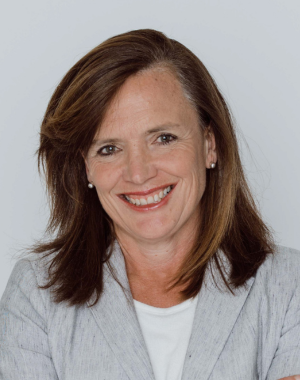
Kate Alexander
Executive Director, Office of the Senior Practitioner
Department of Family and Community Services (NSW)
Truth & Integrity Open Group Session
In this open session, the audience will be invited to engage in an open-book discussion. The intention of this session is to challenge the current rhetoric specific to child safety and to challenge some of the assumptions that hold back significant progress. As a group, the hope is that there will be some honest truths and perspectives shared and that ideas shared might help us, as a collective, to flip the narrative about what we do.
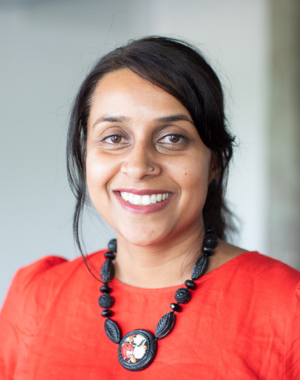
Rani Kumar
Deputy CEO
NAPCAN
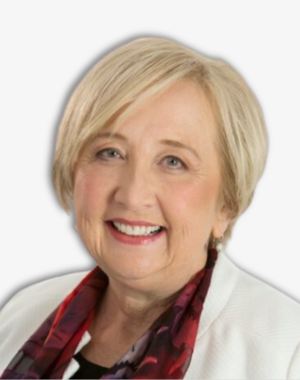
Anne Hollonds
National Children’s Commissioner
Australian Human Rights Commission
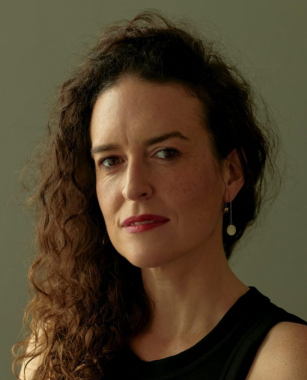
Jess Hill
Walkley Award-winning journalist, advocate, public speaker, and Premier's NSW Woman of Excellence for 2024
Lunch
Intervening Earlier to Support Children & Young People: Building better understandings to improve responses to adolescent family violence in the home (AVITH)
- Centering the voices of young people who have used AVITH and giving them agency
- Learn from the voices of young people who have used AVITH providing insight that has until now been lacking into how these young people make sense of their use, and in some cases their experiences, of violence in the home
- Understand young people’s experiences of disclosing AVITH to informal supports
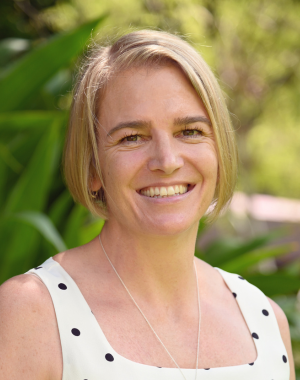
Professor Silke Meyer
Chair in Child & Family Research
School of Health Sciences and Social Work, Griffith Criminology Institute & Griffith Centre for Mental Health, Griffith University
Falling through the gaps: Cumulative harm & the impact of a siloed service system
- Examining system responses to prolonged child maltreatment
- What are the lifespan implications of the accumulation of childhood adversity upon children, their families and our systems
- Maximising opportunities for early intervention and a joined-up approach
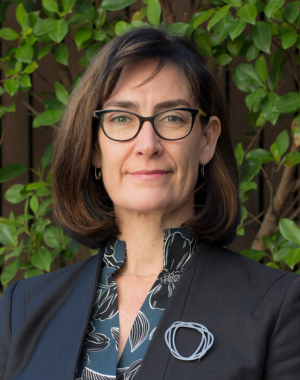
Liana Buchanan
Principal Commissioner
Commission for Children and Young People VIC
Afternoon tea
STRENGTHENING WORKFORCE CAPABILITY & CAPACITY FOR BETTER OUTCOMES

Kate Alexander
Executive Director, Office of the Senior Practitioner
Department of Family and Community Services (NSW)
Improving child safety and well-being and family violence outcomes through collaborative information sharing across sectors: The role of CIS
- Informing and guiding practice to support prevention and early intervention
- Connecting services and enabling professionals to advocate for children
- Piecing together early indicators to prevent harm
- Providing a bridge between responsive and preventative services using information as the foundation
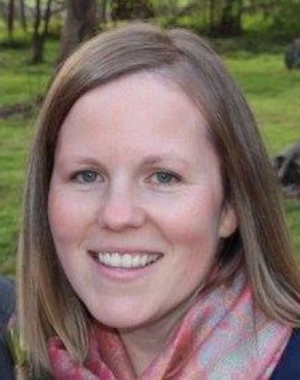
Nerida Mason
DET Implementation, Victorian Child Information Sharing and Early Childhood Systems Division
Victorian Department of Education
Closing remarks
Identify & respond to cumulative harm in an evidence-based way & improve intervention support responses
Workshop overview
Cumulative harm refers to the effects of multiple adverse or harmful circumstances and events in a child’s life. However, children experiencing multiple and ongoing low-severity adverse events are more likely to be overlooked as, in Australia, we tend to think about and report concerns for children in terms of individual events.
Practitioners need to be alert to the possibility of cumulative harm in all vulnerable families with whom they interact. However, many child welfare and other practitioners engaging and supporting children and their families lack clarity around which responses are effective for children experiencing cumulative harm.
Assessments and interventions need to look at answering these two questions, ‘Is this child safe?’ and ‘How is this child developing within their broader environment or system?’
This interactive workshop will provide an overarching assessment tool for working with children and families to enable more effective and efficient identification of cumulative harm and more intuitive wrap-around responses to the interventions for that child.
India and Simone will use case study examples and also invite participants to explore their own cases using the tool provided. All participants will receive a copy of the tool to take away.
What You Will Takeaway:
- Understand, identify and report on cumulative harm
- Understand the impact of cumulative harm from a practice perspective
- Tailor interventions to suit children and their families
- Move from an episodic to a holistic approach to healing and recovery
- Apply an evidence-based tool to map cumulative harm across family systems
- Support reunification and preservation within families
- Use a validated assessment process that is not predictive but rather maps the narrative of cumulative harm for a child and provides a score or rate of that harm to inform your practice and decision-making process
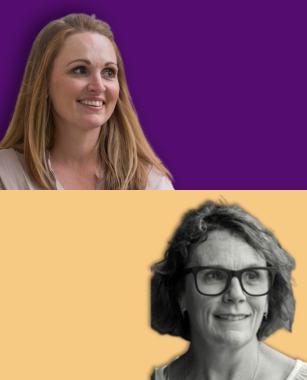
Dr India Bryce & Dr Simone Collier
Venue
Sydney | Gadigal Land
The Sydney Boulevard Hotel
90 William Street
Sydney NSW 2011
Online
Learn from anywhere with our interactive online technology.
Pricing
Early bird savings until 8 September
+GST
Early bird pricing
Save $100
Workshops
- In-person workshops $499 +GST
Book a conference ticket & multiple workshops to save an additional $100
Standard rates after early bird
+GST
Early bird savings until 8 September
+GST
Early bird pricing
Save $100
Workshops
- In-person Workshop $499 +GST
Book a conference ticket & multiple workshops to save an additional $100
Standard rates after early bird
+GST
Early bird savings until 8 September
+GST
Early bird pricing
Save $100
Standard rates after early bird
+GST
Early bird savings until 8 September
+GST
Early bird pricing
Save $100
Standard rates after early bird
+GST
Groups of 5-8 save 10%
Groups of 9-11 save 15%
Groups of 12+ save 20%

